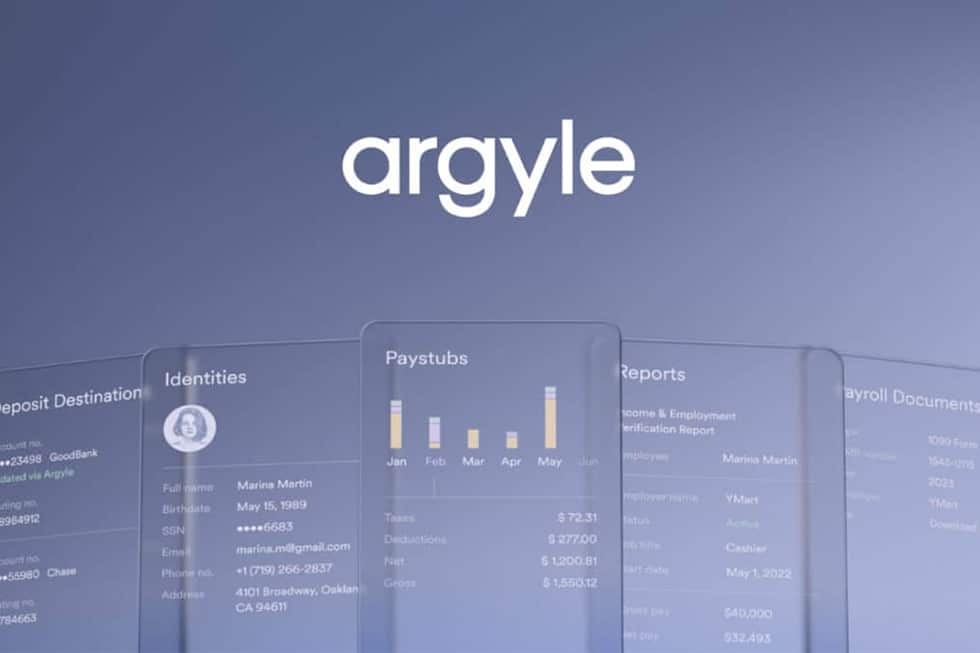It happens all the time – monthly, weekly, even daily. A company hires a public relations (PR) agency to help boost its brand awareness, audience engagement, and reputation. It’s straightforward and simple, right.? It’s not.
Unfortunately, while the concept appears to be rather easy, most relationships that splinter between companies and agencies are a result of a breakdown in communication or a lack of direction from the client. The fact of the matter is the company hiring the PR agency needs to tell the PR agency what it wants – hopes and dreams, goals, visions, etc. – so the PR agency knows what to provide. In other words, you help us so we can help you.
So, what makes a company a good PR client?
1. Know what you want before hiring a PR agency.
Before hiring a PR agency, ask yourself what you want from this relationship. “What are my company goals?” and “What can this agency do to help my company enhance its brand?” By answering these questions, you will offer guidance to give your agency a better understanding of your expectations as a client. While most PR agencies are creative and can help shape ideas to develop strategies, they aren’t mind readers. It’s critical to answer the “why” so your agency can develop the best strategy to meet your objectives. This is an area in which most breakdowns of communications occur.
2. Make sure your leadership is engaged in the decision-making process.
In the majority of cases, the client’s marketing team hires a PR agency. However, it’s critical that leadership above marketing is also involved in the decision-making process. This is relevant for most decisions, but especially for what your company objectives are. This is even more so if getting earned media is part of the objective. Most interviews will require a member of the leadership team, so providing the agency with a bench of leaders who can serve as spokespeople on various topics is essential. Identifying these topics in advance is also important, as it allows your agency to pitch them out accordingly. For example, in the mortgage space, a reporter won’t want to interview a chief marketing officer on a story focusing on rates and capital markets. Instead, they will want a subject matter expert who can speak directly to the rate climate. Don’t forget – make sure your leadership understands that if a reporter agrees to an interview, it typically must be done in a timely manner, or the reporter will move on to the next source.
3. Make sure you have something unique to offer.
The first thing reporters ask when receiving a pitch is why should they care. They are pitched hundreds of stories a day – why do they care about yours? Your PR agency is going to work to get you media opportunities, but it’s incumbent for you to provide them with unique, interesting story ideas relevant to a reporter’s needs. This can come in the form of a product launch, a trend you are seeing within your space, a timely data-driven study you have produced, or a specialized point of view you can bring to something in the current news cycle. Your agency can help fine-tune the message but providing them with something to offer will help better the success rate of meeting or surpassing your objective.
4. Be open to communication.
Nobody knows your company better than you. Keep the lines of communication open regarding changes that are occurring within your company. If you have a new product offering, share it with your PR agency! It may be newsworthy and can get free publicity through earned media. Even if it’s not, you tried! Your PR company loves having an open channel of communication with you. If something isn’t going quite right in a campaign with your agency, be open to communicating that with your agency as well. It’s better to get it out there before it festers and becomes a bigger problem.
5. Treat your PR agency like a partnership.
Most highly productive relationships between companies and their agencies are treated like partnerships. There is a significant amount of collaboration in the decision-making and execution process to alleviate miscommunication. This helps ensure the company is transparent as to what its objective is and is providing the resources needed to obtain such objectives, thus allowing the agency to communicate its strategy to meet your objectives. This makes the entire process more enjoyable for both parties! And when we get your results, they mean that much more.
PR is not easy. It’s hard. Remember your agency is not an object but are human beings who work really hard to help your brand. Being a good partner is essential in helping maximize the results you get.





